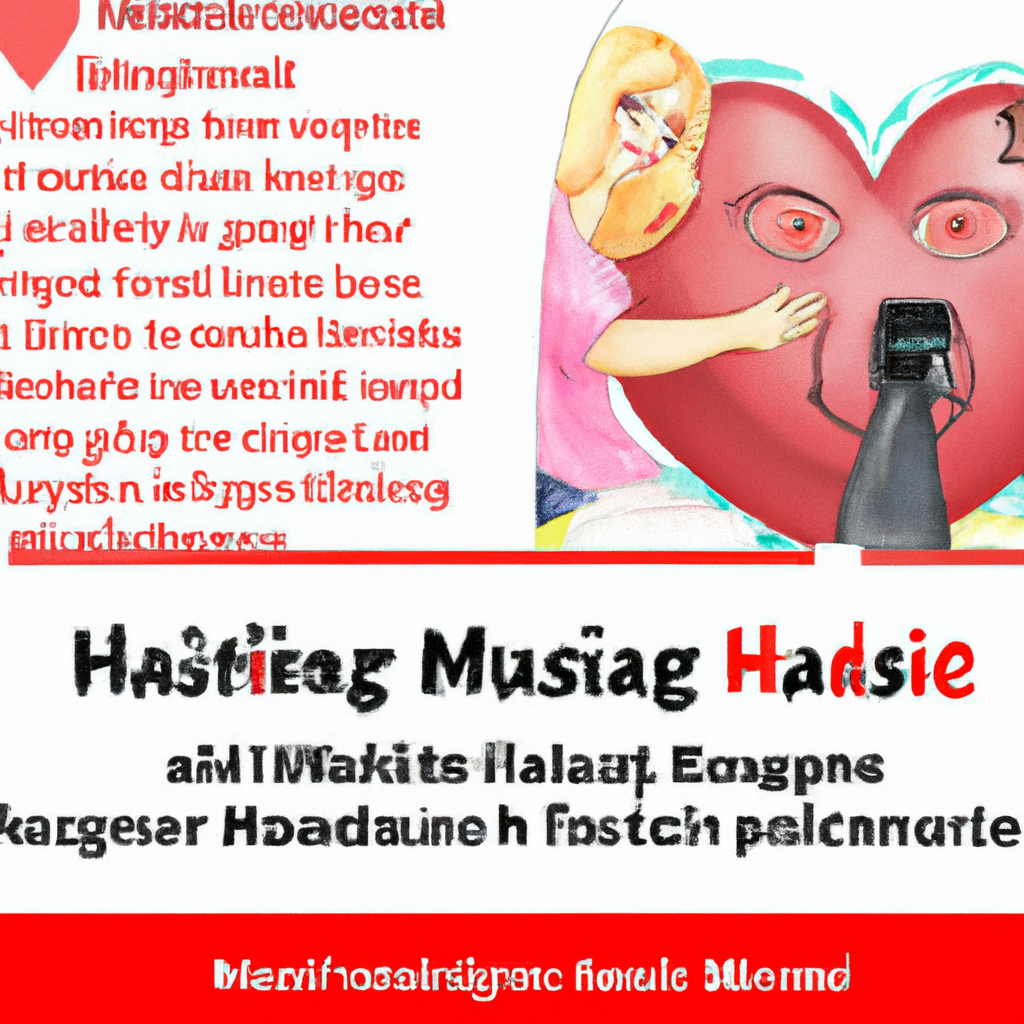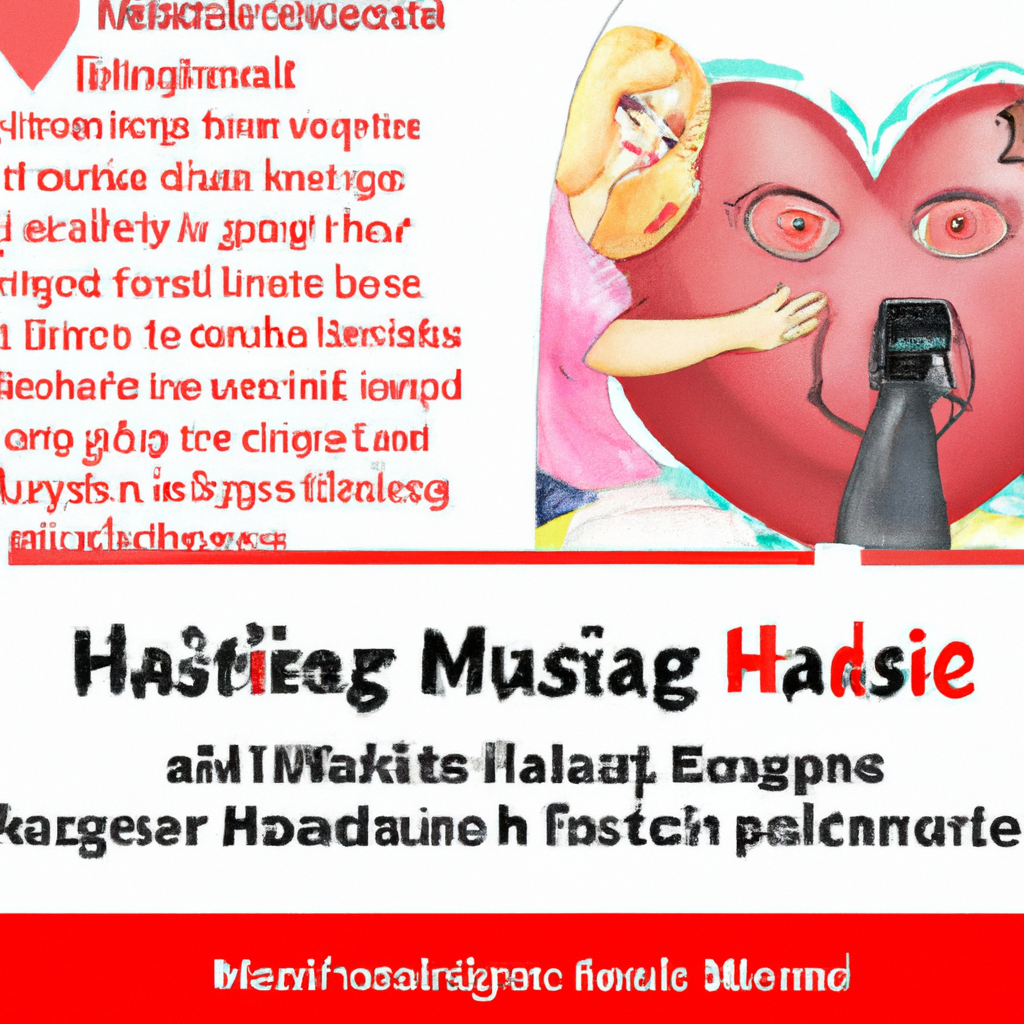Have you ever wondered about the intention behind performing a heart massage? In this article, we will explore the purpose of this life-saving technique and its importance in emergency situations. By gaining a deeper understanding of the purpose of heart massage, you will be better equipped to take action when it matters most. So, let’s delve into this topic and uncover the vital role that heart massage plays in saving lives.
Understanding the Purpose of Heart Massage
Heart massage, also known as cardiac massage or chest compression, serves several significant purposes in medical emergencies, particularly in cases of cardiac arrest. Cardiac arrest occurs when the heart stops pumping blood effectively, leading to a sudden loss of consciousness and eventually death if not promptly treated. In such dire circumstances, heart massage plays a vital role in restoring blood flow, delivering oxygen to vital organs, preventing brain damage, enhancing cardiac function, and ultimately improving survival rates.

Significance of Heart Massage
Heart massage holds immense significance in medical emergencies, especially when a person experiences cardiac arrest. The timely initiation of chest compressions can make a life-saving difference for the individual in need. By ensuring the continuous circulation of blood, heart massage helps deliver oxygen to vital organs, thereby preventing irreversible damage, particularly to the brain. Moreover, it supports the overall functioning of the heart and significantly improves the chances of successful resuscitation.
Cardiac Arrest and Heart Massage
To understand the purpose of heart massage, it is crucial to comprehend the context in which it is employed: cardiac arrest. Cardiac arrest is a sudden and unexpected cessation of heart function, resulting in a loss of blood circulation. This life-threatening event can be caused by various factors, including heart disease, drug overdose, drowning, or respiratory failure. Heart massage serves as a critical intervention during cardiac arrest, as it aims to restore blood flow and essentially revive the heart, increasing the chances of survival.
Importance of Prompt Initiation
The importance of prompt initiation of heart massage cannot be overstated. Time is of the essence in a medical emergency like cardiac arrest, where every moment lost can have severe consequences for the individual’s outcome. By beginning chest compressions immediately, preferably within minutes of the cardiac arrest episode, you can significantly improve the likelihood of successful resuscitation. Delayed initiation of heart massage can lead to further complications, reducing the chances of a positive outcome.

Restoration of Blood Flow
One of the primary objectives of heart massage is to restore blood flow in individuals experiencing cardiac arrest. During cardiac arrest, blood circulation is halted, depriving vital organs of oxygen and nutrients, leading to organ damage and eventual failure. Heart massage helps address this critical issue by providing continuous chest compressions, which squeeze the heart between the breastbone and the spine. By doing so, obstructive factors are expelled, the circulatory system is stimulated, and the heart muscles are revived, allowing blood to flow and circulate oxygen throughout the body.
Delivery of Oxygen to Vital Organs
Oxygen is essential for the normal functioning of vital organs. During cardiac arrest, the supply of oxygen to the brain, heart, and other organs is disrupted. Heart massage plays a crucial role in delivering oxygen to these organs by restoring blood flow. The rhythmic compressions of the chest help push oxygen-rich blood from the lungs to the organs, ensuring their functionality and preventing irreversible damage. Without a steady supply of oxygen, these vital organs would quickly deteriorate, leading to severe complications and potentially irreversible consequences.
Prevention of Brain Damage
Cardiac arrest can have dire consequences on the brain due to the sudden loss of blood flow and oxygen. The longer the brain is deprived of these essential resources, the higher the risk of irreversible brain damage. Heart massage is instrumental in preventing such damage by immediately restoring blood flow and delivering oxygen to the brain. These oxygenated blood cells help sustain brain function, mitigating the risk of permanent brain injury. By initiating heart massage promptly, you can significantly increase the chances of a favorable neurological outcome for the individual experiencing cardiac arrest.
Enhancement of Cardiac Function
Heart massage not only restores blood flow and prevents brain damage but also stimulates the heart itself, enhancing its function. The rhythmic chest compressions exert pressure on the heart, helping to reestablish its natural rhythm. Through this process, the heart muscles receive the necessary stimulation to contract and pump blood effectively. By maintaining cardiac function, heart massage significantly contributes to the overall success of resuscitation efforts and increases the likelihood of a positive medical outcome.
Supporting Cardiac Arrest Patients
Heart massage provides critical support to individuals experiencing cardiac arrest by initiating life-sustaining treatment. When cardiac arrest occurs, immediate medical attention and intervention are vital for survival. Performing heart massage during this time can help sustain life until advanced medical care arrives. By continuously providing chest compressions, you effectively maintain blood flow and ensure the availability of oxygen to vital organs, increasing the chances of successful resuscitation.
Assisting in Cardiopulmonary Resuscitation (CPR)
Heart massage is an integral component of cardiopulmonary resuscitation (CPR). CPR combines chest compressions with rescue breaths to maximize the chances of survival during cardiac arrest. The chest compressions performed during CPR serve as the heart massage component of the procedure. By mastering the technique of performing effective chest compressions, you can significantly contribute to the success of CPR and increase the chances of reviving an individual experiencing cardiac arrest.
Improving Survival Rates
Heart massage plays a pivotal role in improving survival rates for individuals experiencing cardiac arrest. Cardiac arrest is a leading cause of death globally, and the timely initiation of chest compressions has been proven to enhance survival rates. Statistics indicate that the immediate provision of heart massage can double or even triple the chances of a positive medical outcome for the individual in need. By understanding the purpose and significance of heart massage, you can actively contribute to saving lives and increasing overall survival rates in emergency situations.
In conclusion, the purpose of heart massage is to restore blood flow, deliver oxygen to vital organs, prevent brain damage, enhance cardiac function, and ultimately improve survival rates in cases of cardiac arrest. Through the timely initiation of chest compressions, heart massage provides immediate support to individuals experiencing cardiac arrest, ensuring continuous blood circulation and the delivery of essential oxygen to vital organs. By understanding its significance and mastering the technique, you can play a crucial role in assisting cardiac arrest patients and positively influencing their outcomes.
